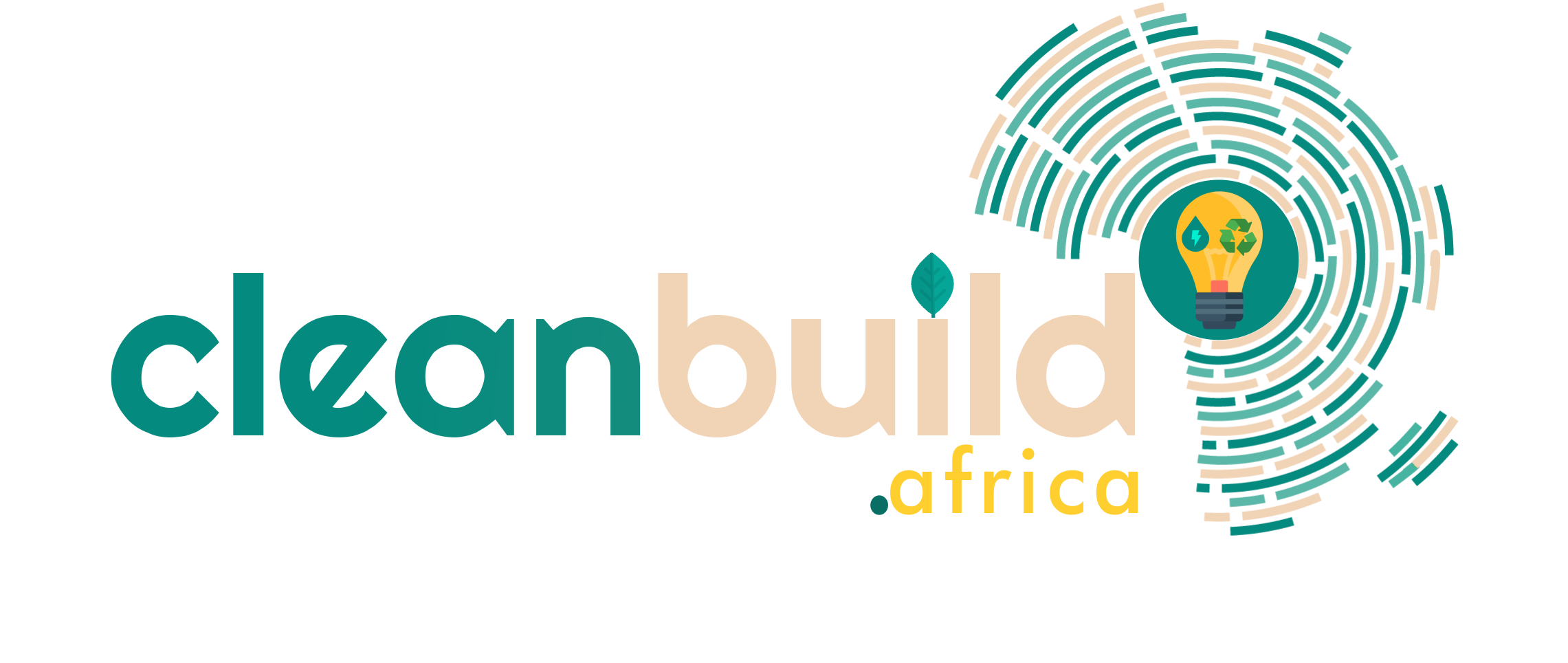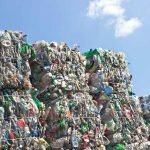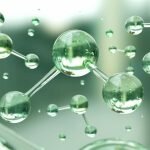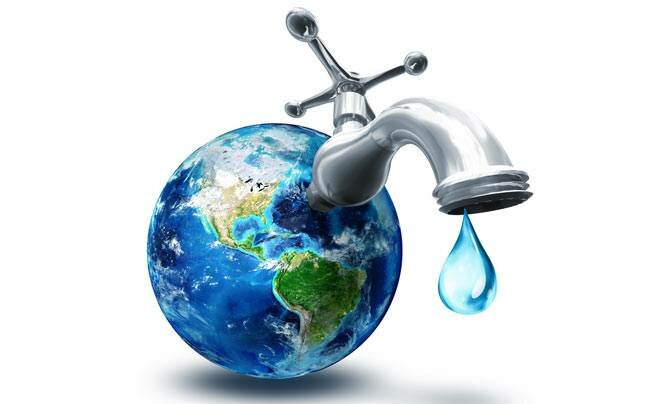As essential as clean freshwater is to human life, about 1.1 billion people still lack access to water while over 2.7 billion live with water scarcity at least one month in a year. Even critical is the need for water to practice good hygiene- like handwashing- as the Covid-19 pandemic continues to spread all over the world.
Since the food system contributes around one-quarter of greenhouse gas emissions, the food manufacturing industry can no longer adopt a business-as-usual attitude especially in the face of climate-induced droughts.
Understanding that time is running out for the world to act on water, PepsiCo, an American soft drink and food giant has announced its ambitious plan to reduce water consumption in all its factories across the world, thereby becoming ‘net water positive’ by 2030.
Renowned for its Pepsi beverage, the multinational company hopes to achieve its ambition through ‘operational ‘best-in-class’ or ‘world-class’ water use efficiency standards.
As such, all company-owned, bottler, and franchise sites in high-risk watersheds deliver best-in-class water use of 1.2 liters of water per liter of beverage or 0.4 liters per kilogram of food. This is to ensure minimal yet efficient water usage.
In other words, raising the efficiency standard at company-owned sites will help PepsiCo to avoid using more than 11 billion liters of water a year, a 50% reduction in the amount of water the company uses at these sites.
Bringing access to clean water to the south of the Sahara
As part of its net water positive vision, the giant also wants to provide safe water access to 100 million people by 2030. According to the company, the PepsiCo Foundation has rolled out a new US$1m initiative with WaterAid to deliver safe water to communities in Sub-Saharan Africa.
The program will see to the improvement in water infrastructure, construction of new water supply systems, and equitable sanitation facilities while promoting hygiene education.
In addition, it will enable women and girls to become custodians of water, sanitation, and hygiene in their communities by providing them with the funding and training needed to maintain water points and sanitation facilities in the coming years.
Acknowledging the urgency of the global water situation, the head of sustainability at PepsiCo, Jim Andrew, said, “Time is running out for the world to take action for water. Water is not only an essential part of our food system, but it is also a basic human right, and the lack of clean water is one of the most pressing issues facing our global community today.”
He believes that water scarcity is directly linked to the climate crisis. To that end, PepsiCo views the global effort to be ‘net water positive’ to be essential. “We’re focused not only on making sure people around the world have access to this vital resource but ensuring that we are also prioritizing water stewardship in our operations everywhere,” he added.
















